Have you ever heard it said that everyone has a talent, everyone is talented? Let’s think about what that actually means these days. Do we need talent in our businesses and organizations? And if we do, what are the implications in terms of the development and recruitment of such talents?
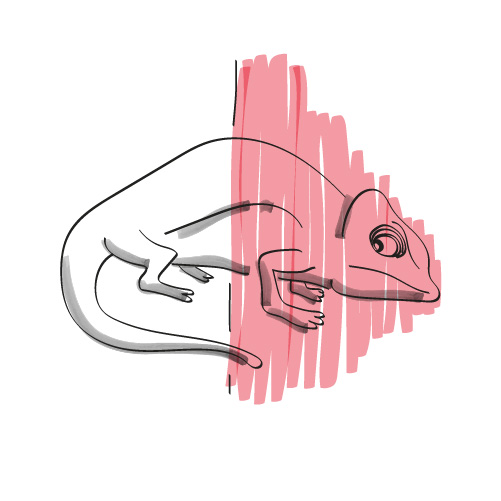
In my view, everyone is unique, and it is precisely this uniqueness that constitutes both the strengths and the potential of every single one of us.
So what is the best way to approach this topic of talent development for today’s world and where should we be placing our focus?
We do, indeed, need talent: people who believe in their strengths and potential, and who pull together for a common goal and shared vision. And this at all levels of a business or organization. There are no “unimportant” jobs. Each and every task undertaken can reveal a talent.
But what exactly is a “talent”?
The word is derived from the Latin “talentum”, denoting a commercial weight and sum of money. This introduces the notion of value. In fact, every one of us has intrinsic value that needs to be brought to the fore, hence the notion of bringing out the value of someone. By placing the emphasis on the (positive) uniqueness of a person, you put them on a pedestal and value them as a person and not for what they do. In this vein, please see the article entitled “Gaining in confidence through feedback”.
If we look a little further, it is interesting to note that, in the Gospels, it is the Parable of the Talents that gives us the word in its current meaning, that of personal abilities and gifts.
To better understand the principle of talent development and answer the questions posed in our introduction, it is important to first look back, over four distinct phases, from phase 1.0 through to phase 4.0.
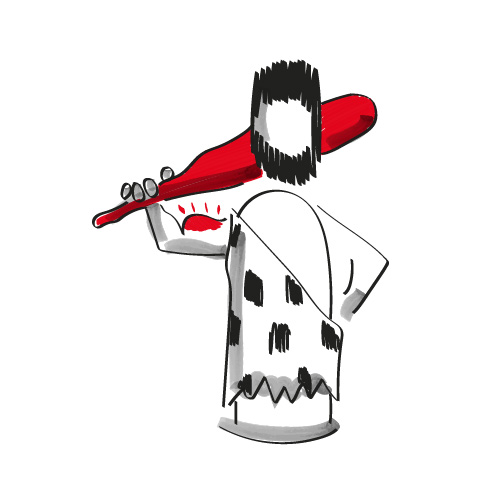
Phase 1.0: physical strength (prehistoric man)
In the beginning, it was physical strength that conferred power and – thus – an increased likelihood of survival. What’s interesting is that, in today’s world, these notions of strength and power remain just as valid. To put it more precisely: strength is one of the sources of power. Have you ever reflected on this idea of power and the sources of power (for more information, see the article “Leadership: Legitimate power”)? How does the word “power” resonate with you: positively, negatively, more neutral? In connection with this idea of physical strength, I remember reading in an American journal around ten years ago that a team had measured the height of various CEOs and compared them with the average height in the United States. The results showed that the average height of CEOs was 2 cm taller than that of the general population.
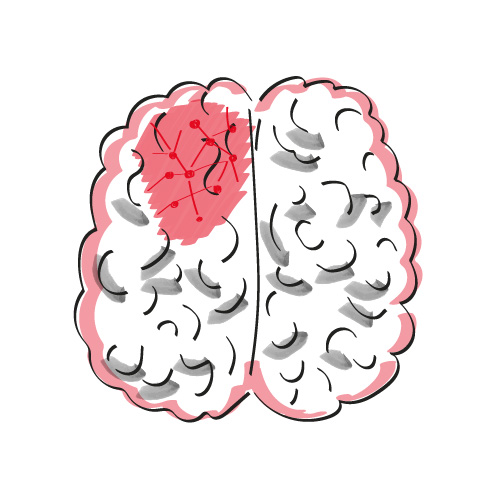
Phase 2.0: IQ, intelligence quotient
As mankind evolved, so too did brains, opening up new horizons. The development in the size of our brains (extra layer and greater complexity) made us more intelligent. In terms of talent development, this has been reflected in the development of intelligence tests. These tests can still be found in certain assessment procedures, such as those used for university admission in numerus clausus systems. Intelligence per se remains important, but it is not the be all and end all. Today, the emphasis should be on a dimension that is less well known than intelligence: emotional intelligence. For more information here, read the article “Leadership and emotional intelligence: A key to becoming an inspirational leader ”.
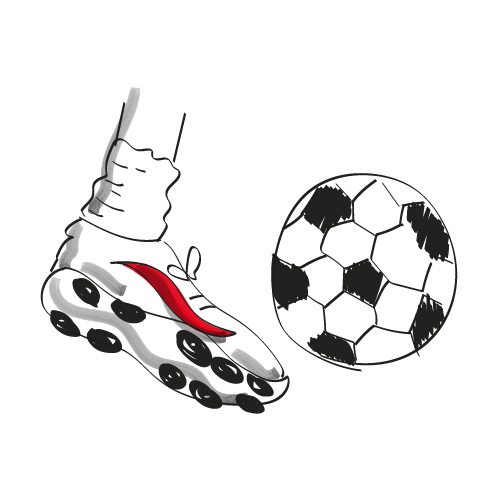
Phase 3.0: skills
Since intelligence on its own is not the key factor in talent, the focus has shifted to the development of skills, and how they are trained. Naturally, some fare better than others in this respect. While Roger Federer undeniably had a natural aptitude for tennis, it must not be forgotten that he trains a great deal, has enormous discipline and knows how to manage his energy.
“Talent scouts” are a feature of the sporting world. These scouts are sent out to spot athletes, footballers, etc. who show aptitude and the hunger to improve and develop. Over recent years, the development programmes rolled out in businesses and organizations have been heavily geared to developing skills and less to talent scouting.
On the subject of talent scouting: have you ever asked yourself whether it would be possible to deploy talent scouting within your organization? To have certain people with the right skills for spotting new talent?
It’s clear that this is part of the role of a manager. That said, how many managers truly have what it takes to fulfil this role and get it right while being fair? This is why many companies incorporate into their talent development processes a recruitment phase, or assessments, in a bid to avoid precisely these types of casting errors.
In my view, “assessments” should give way to “development centres”, with managers integrated along the entire talent development process. Managers need to assume their responsibilities, and discovering and developing talent is one such responsibility. This is why it is important to develop managers, equipping them with the tools and skills needed to spot and nurture talent.
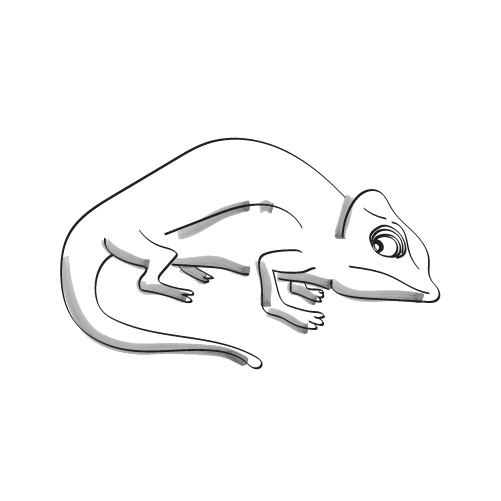
Phase 4.0: adaptability (the chameleon)
The fourth phase of talent development started some years ago. While the three preceding phases remain valid, the focus has shifted slightly. Many firms and organizations have stayed stuck in phase 3.0. Successfully navigating current and future challenges in today’s VUCA world entails embracing the notion of adaptability (in this connection, see the article “The challenges facing business: Digital transformation, uncertainty, complexity, acceleration – responses and dilemmas”). The answer to complexity, ambiguity, volatility and uncertainty can only be found through increased agility, or in other words: adaptability.
Adaptability is the ability to adapt autonomously to the environment you find yourself in and the circumstances you are facing by transforming – where necessary – how you operate, how you behave (attitude) and even what you believe.
Without going into detail, I would like to highlight certain aspects you should be thinking about in terms of how you develop in conjunction with this notion of adaptability. Thus, for your future programmes, it is important to focus on the following skills and aspects:
- Analytical skills (including the use of AI)
- Ability to listen, with particular emphasis on listening to clients and their needs as well as to employees and partners
- Digital skills
- Skills in dealing with a healthy culture of “duels” and creative confrontation: dare to exchange controversial ideas, challenge others, question things in a productive and, above all, respectful manner
- Explore the idea of comfort zones, courage and fears so as to develop the resources necessary to overcome them
- For more information here, read the article “Management: Affirming courage”
- Stress management, self-management at work and individual as well as group resilience On the subject of resilience, the Covid-19 crisis shows us how important it is for not only individuals to foster resilience, but companies and organizations as well
- Self-reflection, working on one’s attitude and emotional intelligence
- Collective intelligence (notion of team and of partner), importance of interaction in individual development
- Lastly, a common language around Leadership is needed, as well as coherence and consistency within a business in order to create a framework that is conducive to agility and adaptability. This will engender an increased feeling of security, which will – in turn – spark optimism and positive momentum.
These points should be viewed in the sense of a checklist. Looking at your concepts and talent development programmes, which of these points have been effectively dealt with, and which need more work?
I wish you a productive time with your 4.0 talents.

